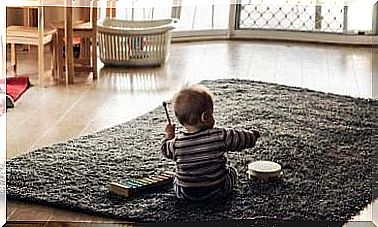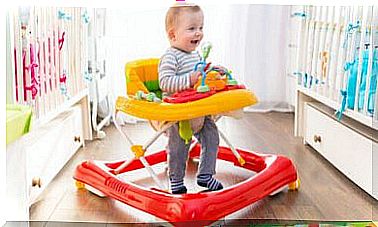My Child Complains: Reality Or Manipulation? – Being Parents

If your child complains, it comes as a way to channel frustration with a deficiency or an inability to solve a problem. In children, this remedy is used as a means of expression in situations of non-compliance.
Nevertheless, the complaint in the child can also become a method of manipulation.
When the complaint is unfounded, it is important to correct this behavior. A “whiny” or insolent child is likely to become a victimized adult. In other words, a person who is convinced that nothing is in his favor. Therefore, the child will not be able to solve his affairs.
The child often complains from the age of 5. At this age, the child will always have recourse to this means to escape his responsibilities. How the parents channel their complaint will make all the difference.
The justified complaint
Admittedly, children find it difficult to convey their emotions. This is due, initially, to the lack of maturity and the means of communication to do so. This is when the child complains to let people know how he feels.
A justified complaint is a well-founded complaint. In other words, with a real or solid origin. For example, embarrassment in the face of physical pain or dissatisfaction with a situation of bullying at school, among other valid reasons.
The child complains to transmit a nonconformity. For parents, this is a powerful resource for how their children feel about a situation. The well-channeled complaint can lead to a conversation between parents and children.

A child complains, a method of manipulation
Often the complaint in the child changes focus and becomes a means of getting something. Its constant use accompanied by circuses and shouting, puts pressure on parents to get what they want through whim.
When the child complains in these circumstances, the need is unfounded. It thus becomes a means of manipulation. Parents often give in to avoid conflict.
Children start to complain naturally from the age of 5. It is a way of coping with changes but also of measuring their strength. Early education prevents children from developing a habit of complaining in adulthood.
How to deal with a child who complains too much?
An effective way to control the complaint in the child is to observe its origin. When there is no real or valid reason to complain, your best bet is to ignore your request. Certainly, the magic formula to eliminate the complaint does not exist. However, here are some recommendations to help you:
- Only deal with the first complaint. When the complaint is used as a means of manipulation, the child may complain repeatedly. Usually, the first complaint is the one that contains the real discomfort.
- Find the origin. Why is the child complaining? What is the reason ? Does he have real grounds for complaining? These questions can help you view the complaint in a more objective way.

- Do not give in to a complaint used to manipulate. When one notices an attempted manipulation, one must avoid giving in to the demand. As the child realizes that he can get what he wants, he will complain more and more instead of stopping.
- Ignore whims or complaints. If the complaint is accompanied by a circus, it is recommended to ignore the situation. You have to wait for the child to calm down to be able to talk to him about his behavior.
The effects of complaining on people
Experts agree that the complaint has a negative effect on people’s brains. Constant exposure to it can affect its functioning. It only takes 30 minutes for the brain to decrease its functions.
In addition, the complaint can lead to severe depression, low self-esteem, insecurity, and a lack of personal pushing skills. That is why people who constantly complain are considered toxic people.
The same thing happens with children. Complaining can lead to conditions in children that hinder their personal or professional development.









